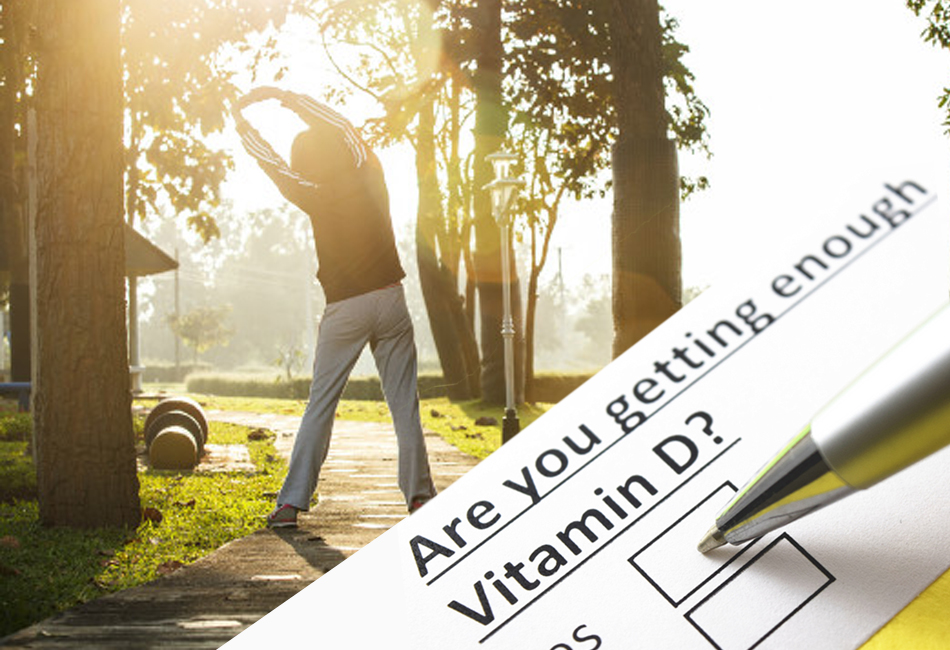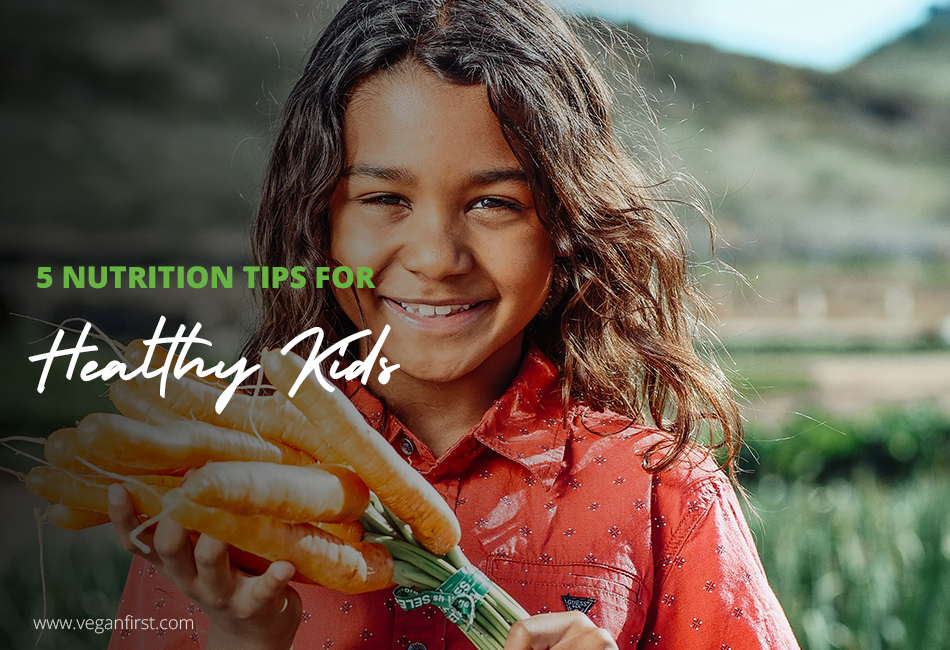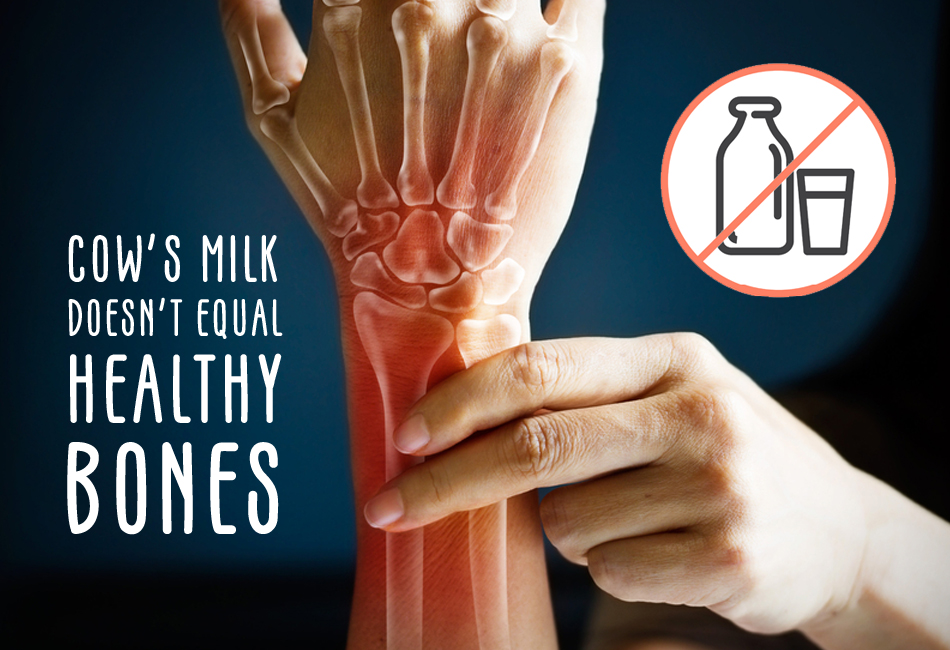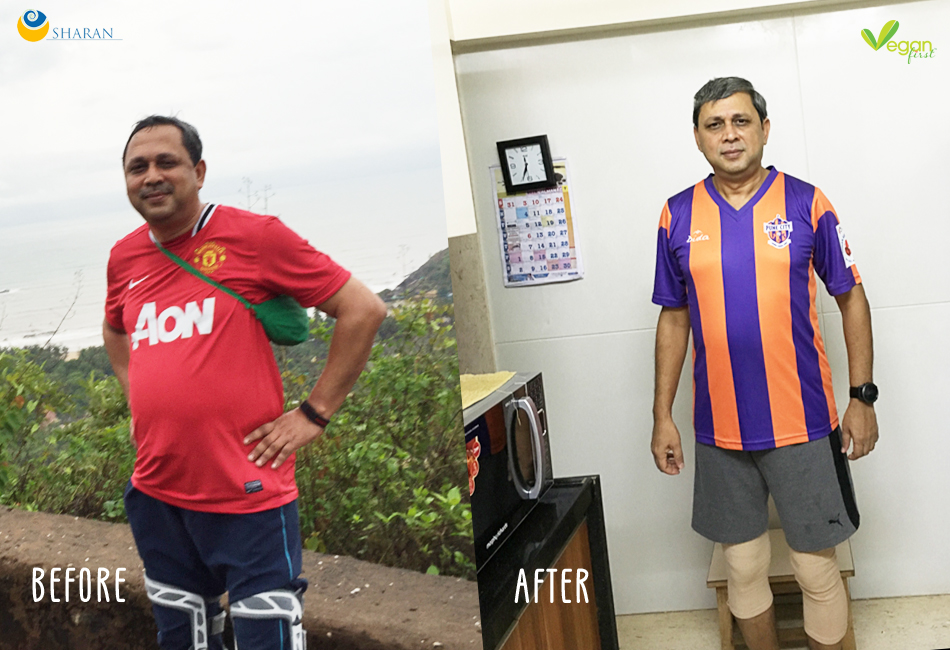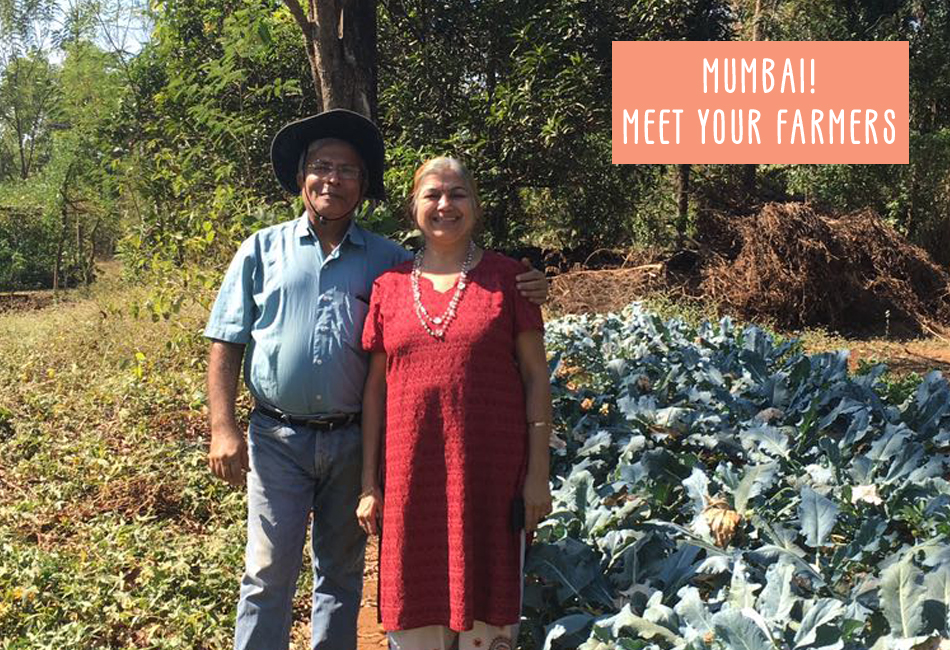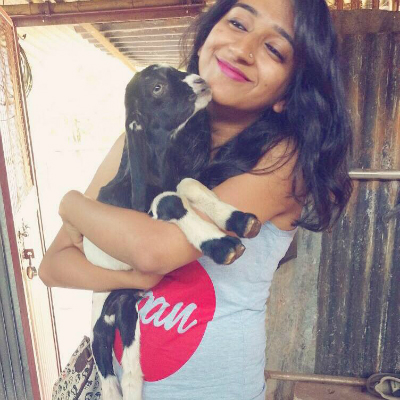Download Free Vegan Starter Kit -
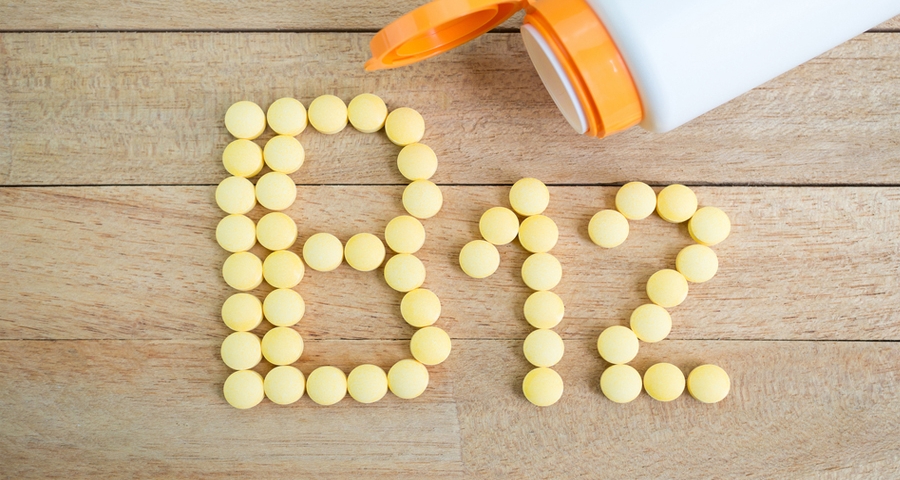
5 Vegan Vitamin B12 Foods You Should Buy
Whether you are a vegan or a transitioning vegan, there’s bound to be that that nagging question – are we really getting all the nutrition we need from plants? For the most part, yes. Over the last two decades, dozens of misconceptions surrounding meat and dairy have been cleared and established doctors and medical practitioners agree that animal foods do more harm than good.
But there are still a few nutrients that aren’t as readily available in the plant kingdom – like vitamin B12. That’s why vegans must ensure that they understand why B12 is important, and take the right supplements after transitioning.
Busting The B12 Myth – It’s Not Made By Animals
B12 isn’t something that is found in animal protein or produced by animals – it is actually manufactured by bacteria and yeast. And, since animal foods (from meat to milk to curd), are decaying substances, they contain higher levels of B12.
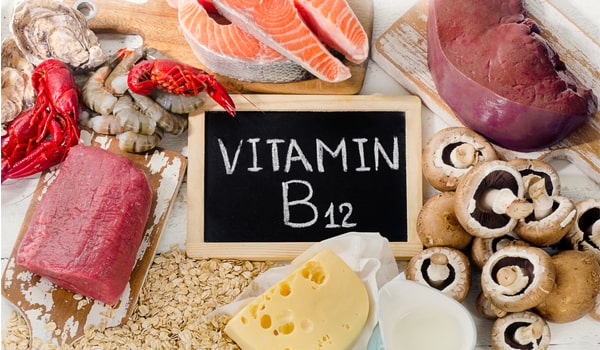
B12 is made by bacteria and not animals
B12, back in the day, could easily be found in nature, where there’s an abundance of good bacteria. However, today’s sanitized environment – and the manner in which our grains, fruits, and vegetables are commercially produced – leaves little room for bacteria to thrive.
Microorganisms can’t survive in present conditions because of pesticides, irradiation of fruits and veggies, pesticides, chlorination of water and other reasons.
Technically, B12 can be found in fermented foods (like kimchi, idli, dosa, sauerkraut and miso, to name a few), but because of our unnaturally hygienic world, these foods can’t provide people with the required levels of B12.
Why You Need B12
Vitamin B12 is required in tiny amounts, but the lack of it can adversely affect your health. It plays a vital role in cell growth and development, and does a lot for our system:
- Aids proper red blood cell formation
- Necessary for proper neurological functioning
- Required for DNA synthesis
Absorbing Vitamin B12
Just because you eat meat and dairy doesn’t mean you’re getting all the B12 you need – levels also depend on your body’s ability to absorb it.
“Both vegans and non-vegetarians can suffer from B12 deficiencies. Vegans may suffer because of low intake. Non-vegans, due to the inability to absorb B12.” SHARAN India
So this is how it works. B12 is absorbed by the gastric intrinsic factor (GIF) in the stomach. When a lot of meat and animal protein is consumed, the stomach is forced to produce more acid in order to digest the protein, and this high acid secretion destroys the lining of the stomach, and the GIF along with it.
.jpg)
Even non-vegans may run the risk of B12 deficiency
This is why non-vegans and transitioning vegans coming off a meat-heavy diet may have trouble absorbing B12, thus running deficient. (When this happens, supplements are not enough, and injections may need to be administered.)
Supplements & Sources
To battle probable B12 deficiencies, taking supplements and foods naturally rich in B12 is the way to go.
- Fortified foods: There are plenty of B12-fortified plant-based foods, from soy and plant milk to cereals and grains. Read the label to be sure.
- Tablets: Plant-based supplements, multivitamins and B12 tablets are an easy way to get your daily dose in one shot. Consult your doctor for recommendations.
- Marmite & Vegemite: You either love or hate this spread, there’s no two ways about it! But if you love it, great news, because it is a good source of B12! Marmite is made from a yeast extract, it has a high concentration of the vitamin.
- Nutritional yeast: Nooch, or the vegan’s answer to parmesan, is a good source, but, be sure to check the label, since all brands may not be fortified with it.
- Shiitake mushrooms: Commercially available dried shiitake mushrooms have been shown to have high levels of B12.
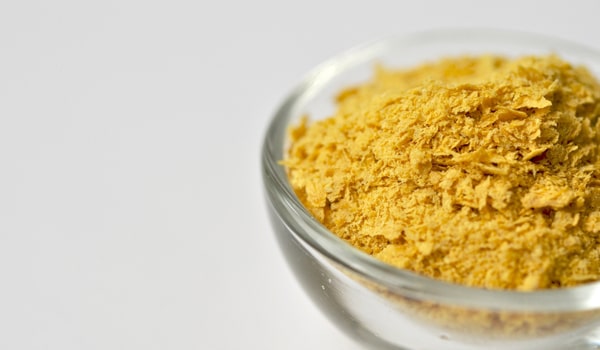
Nutritional yeast
How Much Do I Need?
B12 requirements vary based on age and gender, but broadly:
- 0-6 months: 0.4 mcg (micrograms)
- 7-12 months: 0.5 mcg
- 1-3 years: 0.9 mcg
- 4-8 years: 1.2 mcg
- 9-13 years: 1.8 mcg
- 14+ years: 2.4 mcg
- Pregnancy: 2.6 mcg
- Lactation: 2.8 mcg
*Always consult your doctor and get your B12 levels checked before taking any supplements
Like this?
AUTHOR

trending
2.png)
Be a Vegan First Informer
Send us buzzworthy news and updates
Explore
Contact Us
About Us
Stay Connected
Copyright ⓒ 2017-2023. VEGAN PASSION PRIVATE LIMITED. All Rights reserved.
For more information, please write to hello@veganfirst.com
Registered Office Address: 55, 2nd floor, lane 2, Westend Marg, Saidullajab, Near Saket Metro Station, New Delhi, Gadaipur, New Delhi South West Delhi, DL

2.png)

.png)

.png)
2.png)
2.png)


1.png)

